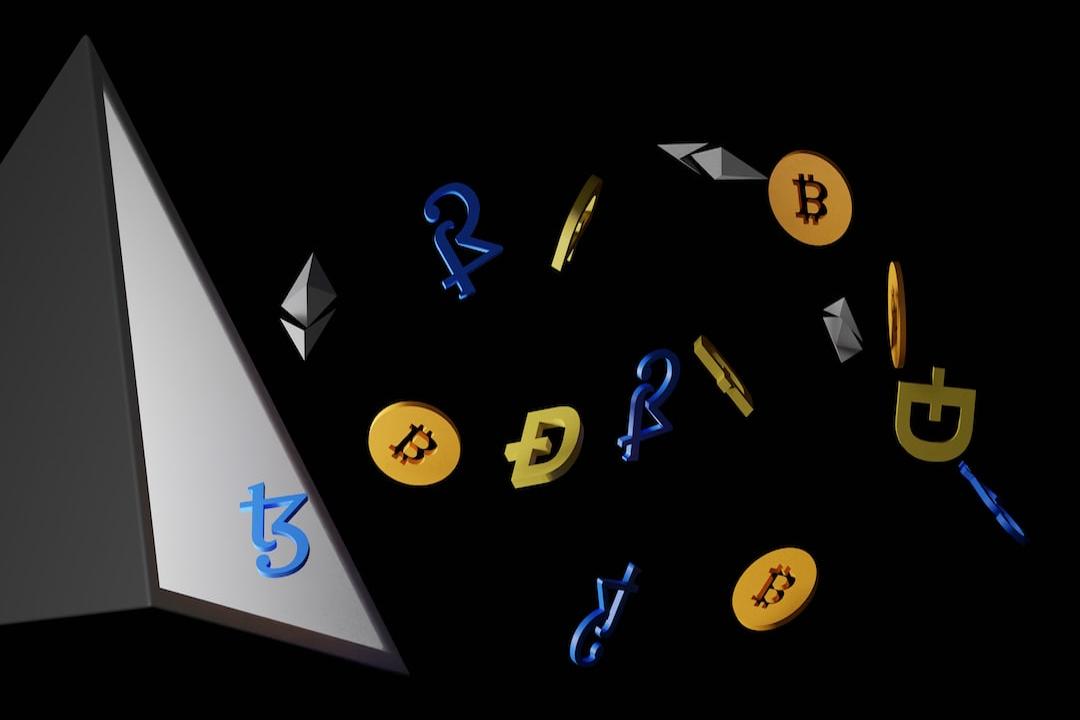The most recent sanctions imposed by the European Union on the Kremlin prevent operators in the Eurozone from conducting business with cryptocurrency service providers that assist transactions benefiting Russia’s defense-industrial sector. Furthermore, the new sanctions prohibit Eurozone operators from utilizing the Russian-developed System for Transfer of Financial Messages (SPFS). These stringent measures also target tankers associated with “Putin’s dark fleet,” which are accused of helping Russia bypass sanctions.
Prohibition on the Use of Russia’s Alternative to SWIFT
As per the most recent round of sanctions by the European Union (EU) against Russia, operators in the Eurozone are now barred from engaging with cryptocurrency service providers that support transactions benefiting Russia’s defense-industrial base. These restricted transactions encompass the export, supply, sale, or transfer of “dual-use goods and technology,” sensitive items, battlefield goods, firearms, and ammunition to Russia.
A press release issued on June 24 by the EU Council also announced the ban on Russia’s alternative cross-border payment system, the System for Transfer of Financial Messages (SPFS). Russia developed this system in response to sanctions to cushion the impact on its economy and address its exclusion from the Society for Worldwide Interbank Financial Telecommunication (SWIFT).
The EU Council stated, “EU entities operating outside of Russia will be prohibited from interfacing with the SPFS or equivalent specialized financial messaging services.”
Targeting Putin’s Dark Fleet
Despite being ousted from SWIFT by the United States, the EU, and other Western nations following its invasion of Ukraine, Russia continues to trade and utilize its funds to support its military endeavors. Some Western observers argue that Russia has found ways to survive by utilizing methods like the SPFS to evade sanctions. They also allege that countries in the East, such as Kazakhstan and Kyrgyzstan, are aiding Russia in its efforts to counter sanctions.
In response to these claims, the EU announced the implementation of measures targeting specific vessels involved in Russia’s conflict with Ukraine. This action particularly focuses on tankers associated with “Putin’s dark fleet,” which are believed to facilitate Russia’s circumvention of EU and Price Cap Coalition restrictions.
According to the statement, about 27 vessels have been identified based on these criteria. The Council also revealed the addition of 61 new entities to the list of those directly supporting Russia’s military and industrial complex in its aggressive campaign against Ukraine.
Share your thoughts on the EU’s recent sanctions against Russia in the comments section below.






